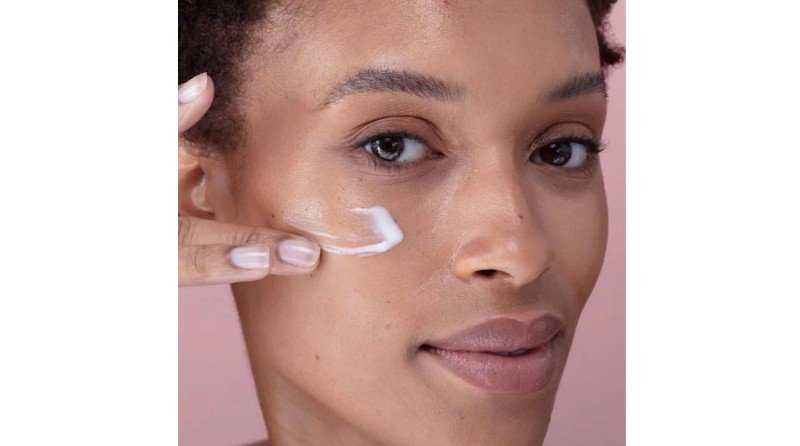
When it comes to collagen – how do you take yours?
There are parties where people even drink shots of the anti-ageing supplement, often followed by a hefty tequila – though the latter is probably not recommended in the quest for youthful, peachy skin.
Collagen is the most abundant protein in the body, and forms the scaffolding that helps maintain the structural integrity of our skin and musculoskeletal system.
In short, collagen helps to keep our skin plump, our joints and bones strong, and our hair and nails healthy.
It’s become so treasured that some dermatologists recommend “banking” it – investing in our collagen supply early so we have surplus when the inevitable happens.
Yes. The inevitable. Ageing. Sigh.
Our collagen supply naturally starts to decrease, on average around 1% a year, as we reach our mid to late 20s.
The speed of its decline depends on factors like our exposure to the sun, diet, and stress levels.
But is there credible science to say supplements can replenish our dwindling supply? And if so, what’s the best way of getting it into our bodies?
Kimberlie Smith started taking collagen about six months ago. The 33-year-old began using it after a “traumatic year” in 2024. Her son was born prematurely, and as a result of stress, the mother-of-three says her skin took a “huge hit”.
She uses marine collagen, the type derived from fish, in a tropical-flavoured gel she drinks every day.
“My skin definitely seems to be brighter and clearer, plus my hair has never looked better since I started taking it,” Kimberlie says. “As a sleep deprived mother, it’s definitely made a difference.”
Emma Wedgeworth, a consultant dermatologist based on London’s Harley Street, says while there is some research to suggest taking collagen orally has an impact, she remains sceptical.
She says the idea that collagen can make its journey through our body – not the easiest of quests – and land exactly where we need it to be is probably wishful thinking.
For a start, it has to get through the gut without being completely broken down. Collagen is a large molecule so companies have now started to break it up into smaller pieces – collagen peptides – otherwise known as hydrolysed collagen.
Even though this collagen – now in its smaller form – has a better chance of making its way through the intestinal wall and into the bloodstream, it still has a long way to go.
It has to reach the skin to have an impact, and it could just as easily slip off to support other organs in the body. It’s a valuable resource.
“There is little reliable evidence on this, but there is a theory that because our skin is the organ with the ‘fastest turnover’ of cells, it might be more likely to use these collagen peptides above other organs.”
And that’s when you might get an increase in collagen being made in the skin cells.
 Weekly Bangla Mirror | Bangla Mirror, Bangladeshi news in UK, bangla mirror news
Weekly Bangla Mirror | Bangla Mirror, Bangladeshi news in UK, bangla mirror news







